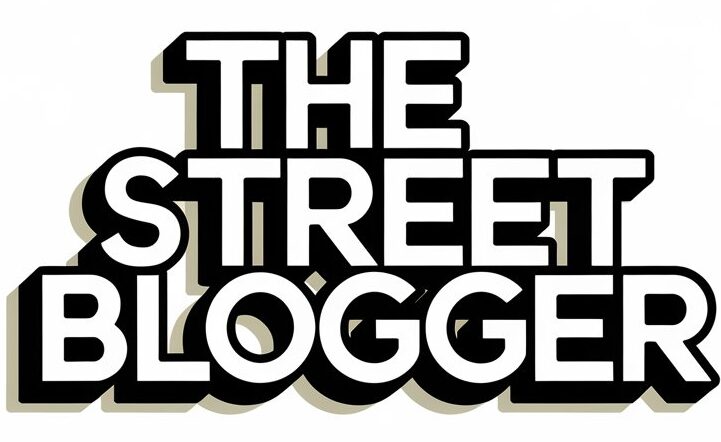
African countries will soon use a PCR test for mpox developed by Moroccan company Moldiag that is cheaper than the Gene Xpert tests currently being used, according to the Africa Centres for Disease Control and Infection (Africa CDC).
“This test was approved after a number of tests were done in the [Democratic Republic of Congo] to ensure that it is sensitive to clade 1b and other clades in Africa,” Africa CDC Director General Jean Kaseya told a media briefing on Thursday.
“The cost is $6 per test, very comparable with [test] kits that are coming from Korea and China,” said Dr Yenew Kebede Tebeje, Africa CDC’s head of laboratory systems.
“But Morocco has also offered that if we can buy in large quantities, they can bring down the cost to $5 per test. As compared to Gene Xperts, this is very, very cheap, even twice as cheap.”

Africa CDC’s Diagnostic Advisory Committee (DAC) recommended the Moldiag test after it has “reviewed the evidence about this test based on set criteria, including independent evaluation data from the National Institute for Biomedical Research in the DRC and concluded that it fulfilled all the major criteria”, according to a statement from Africa CDC.
Moldiag CEO Nawal Chraibi stated that her company is “dedicated to supporting Africa’s health resilience through the development of locally manufactured diagnostic tools.
“We believe that strengthening local production is key to empowering the continent in its epidemic preparedness and response, allowing us to respond rapidly and effectively to public health challenges,” added Chraibi.
With 2,836 new cases and 34 deaths confirmed in the past week, Kaseya warned that mpox “is not under control in Africa”.
The Africa CDC once again highlighted its concern about Uganda’s mpox outbreak, with 184 new cases in the past week.
While mpox vaccination campaigns in the DRC and Rwanda have met or surpassed targets, Nigeria has postponed the start of its vaccinations until 18 November.
Meanwhile, the LC16 vaccines from Japanese company KM Biologics have not yet arrived as agreement has yet to be reached on who assumes liability for adverse events, said Kaseya.
“As you know, every time that a new vaccine is introduced in the country, somebody has to sign for the insurance to be able to take care of possible side-effects,” he added. “I think that’s the issue that is now being discussed with the Japanese government to find someone that will take care of the liability issues. I think that is the only issue that is left.”
Unlike Bavarian Nordic’s MVA-BN mpox vaccine, the LC16 vaccine is licensed for children under the age of 12. Around 38% of those infected with mpox are children.
No new Marburg cases

Meanwhile, Rwanda has not had any new Marburg cases for almost two weeks, no deaths in a month and the last patients who were being treated were discharged a week ago, according to Health Minister Dr Sabin Nsanzimana.
While the country has to wait 42 days before it can declare that the outbreak has ended, Nsanzimana said the country has “made very good progress”.
Rwanda also effectively contained the outbreak and no Marburg cases have been detected outside its borders.
Nsanzimana revealed that the index case – a miner who contracted Marburg from fruit bats in a cave outside Kigali – has survived, but his wife and newborn child were killed by the deadly virus.
Rwanda, a small country the size of Haiti, has expanded its surveillance of bats to “all caves in the country”, the health minister added.
“We are now monitoring the movements of these fruit baths with different technology and a different combination of teams, from animal and human health using the One Health framework,” added Nsanzimana. “It’s an opportunity for us to expand our preparedness capabilities.”
Of the 66 people infected with Marburg, 51 have recovered – a comparatively low case fatality rate of 22.7%. There will also be “continuous” follow-up of the survivors, said Nsanzimana.
Image Credits: Africa CDC.
Combat the infodemic in health information and support health policy reporting from the global South. Our growing network of journalists in Africa, Asia, Geneva and New York connect the dots between regional realities and the big global debates, with evidence-based, open access news and analysis. To make a personal or organisational contribution click here on PayPal.



